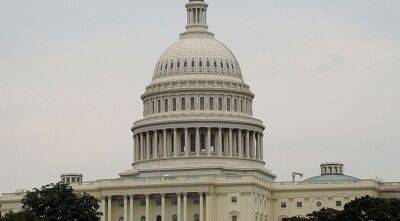First of many? How Italy’s ChatGPT ban could trigger a wave of AI regulation
Italy has recently made headlines by becoming the first Western country to ban the popular artificial intelligence (AI)-powered chatbot ChatGPT.
The Italian Data Protection Authority (IDPA) ordered OpenAI, the United States-based company behind ChatGPT, to stop processing Italian users’ data until it complies with the General Data Protection Regulation (GDPR), the European Union’s user privacy law.
The IDPA cited concerns about a data breach that exposed user conversations and payment information, the lack of transparency, and the legal basis for collecting and using personal data to train the chatbot.
The decision has sparked a debate about the implications of AI regulation for innovation, privacy and ethics. Italy’s move was widely criticized, with its Deputy Prime Minister Matteo Salvini saying it was “disproportionate” and hypocritical, as dozens of AI-based services like Bing’s chat are still operating in the country.
Salvini said the ban could harm national business and innovation, arguing that every technological revolution brings “great changes, risks and opportunities.”
While Italy’s outright ChatGPT ban was widely criticized on social media channels, some experts argued that the ban might be justified. Speaking to Cointelegraph, Aaron Rafferty, CEO of the decentralized autonomous organization StandardDAO, said the ban “may be justified if it poses unmanageable privacy risks.”
Rafferty added that addressing broader AI privacy challenges, such as data handling and transparency, could “be more effective than focusing on a single AI system.” The move, he argued, puts Italy and its citizens “at a deficit in the AI arms race,” which is something “that the U.S. is currently struggling with as well.”
Recent: Shapella could
Read more on cointelegraph.com










